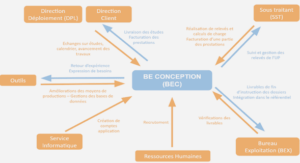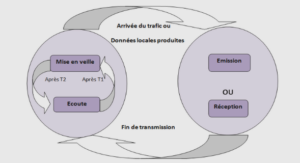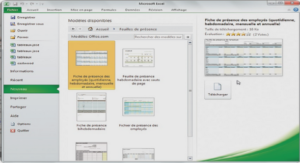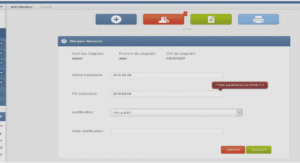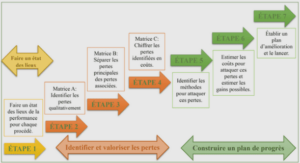Contrôle exact global simultané de N équations
Introduction
The evolution of a 1d quantum particle submitted to an external laser field is described by the following linear Schrödinger equation .
Conclusion and open problems
In this article, we have proved simultaneous global exact controllability between any unitarily equivalent N-tuples of functions in S ∩ H4 (V ) . Our result is valid in large time, for an arbitrary number of equations, and for an arbitrary potential. Hence, the spectrum of the free operator can be extremely resonant. Thus, not only we extend previous results on exact controllability for a single particle to simultaneous controllability of N particles, but we also improve the existing literature in 1d for N = 1. Our proof combines several ideas. Using a Lyapunov strategy, we proved that any initial condition can be driven arbitrarily close to some finite sum of eigenfunctions. Then, designing a reference trajectory and using a rotation phenomenon on a suitable time interval we proved local exact controllability in H3 (V ) around ϕV . Finally combining linearity of the equation with respect to the state and a compactness argument, we obtained global exact controllability under favourable hypotheses. The case of an arbitrary potential is dealt with a perturbation argument. We mention here two possible ways to improve this result. The optimal functional setting for exact controllability is H3 (V ) . While using our Lyapunov function, we have dealt with more regular initial and final conditions to get convergence in H3 from the boundedness in H4 . This issue of strong stabilization in infinite dimension is not specific to bilinear quantum system and is an open problem. The other possible improvement concerns the time of control. In our strategy, there are three steps requiring a time large enough : the approximate controllability, the rotation argument in local exact controllability, and the compactness argument.

